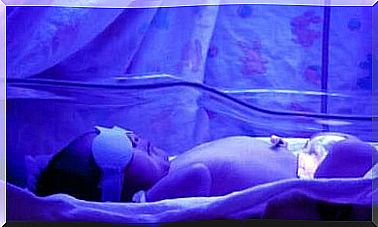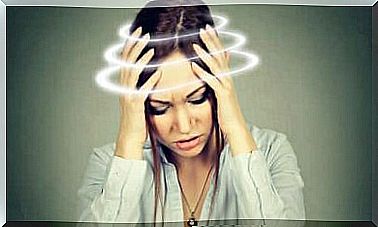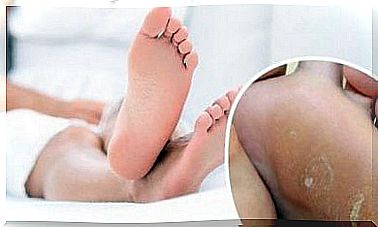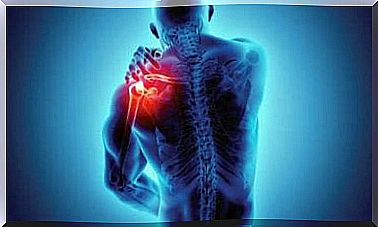Diphenidol: What Is This Medicine Used For?
The main indication for diphenidol is the prevention and control of peripheral vertigo. Peripheral vertigo is one of the symptoms of Ménière’s disease, labyrinthitis, middle ear surgery, and motion sickness.

Diphenidol is a drug that has effective properties for treating dizziness and nausea (antiemetic). It exerts its action on the vestibular apparatus in order to control peripheral vertigo. It exerts its antiemetic effect directly on a few specific receptors in the central nervous system.
Would you like to know more about the subject? Find out more in the rest of this article.
What are the indications for diphenidol?

The main indication for this medication is for the prevention and control of peripheral vertigo. This symptom is part of the symptoms of Ménière’s disease, labyrinthitis, middle ear surgery, and motion sickness.
Vertigo is a feeling of movement or dizzy spells. People who suffer from vertigo have the impression that they are spinning or moving or that the world is revolving around them.
Peripheral vertigo is caused by a problem with the inner ear, which is responsible for controlling balance. This problem can also involve the vestibular nerve, which is the nerve that connects the inner ear to the brainstem.
This disease can also be due to one of the following reasons:
- Benign positional vertigo
- Drugs (aminoglycoside antibiotics, cisplatin, diuretics or salicylates)
- Injury, such as head trauma
- Inflammation of the vestibular nerve
- Inner ear irritation and swelling, labyrinthitis
- Ménière’s disease
- Pressure in the vestibular nerve, usually from a non-cancerous tumor such as a meningioma or a schwanomme
Diphenidol is also indicated for the prevention and control of nausea and vomiting caused by chemotherapy. But also radiotherapy.
How is this medicine administered?
This medication should be taken with food to avoid or reduce the gastrointestinal irritation this medication can cause. Adults should take one tablet every four hours to treat nausea, dizziness and vomiting for as long as needed.
However, in some cases two tablets every four hours are needed. The maximum daily dose of diphenidol is 300 mg. This substance is absorbed well by the stomach and intestines, which reaches its maximum level in the blood between the first hour and a half and the third hour after taking it. This substance is eliminated, moreover, in the urine.
The contraindications for diphenidol and the precautions to be taken
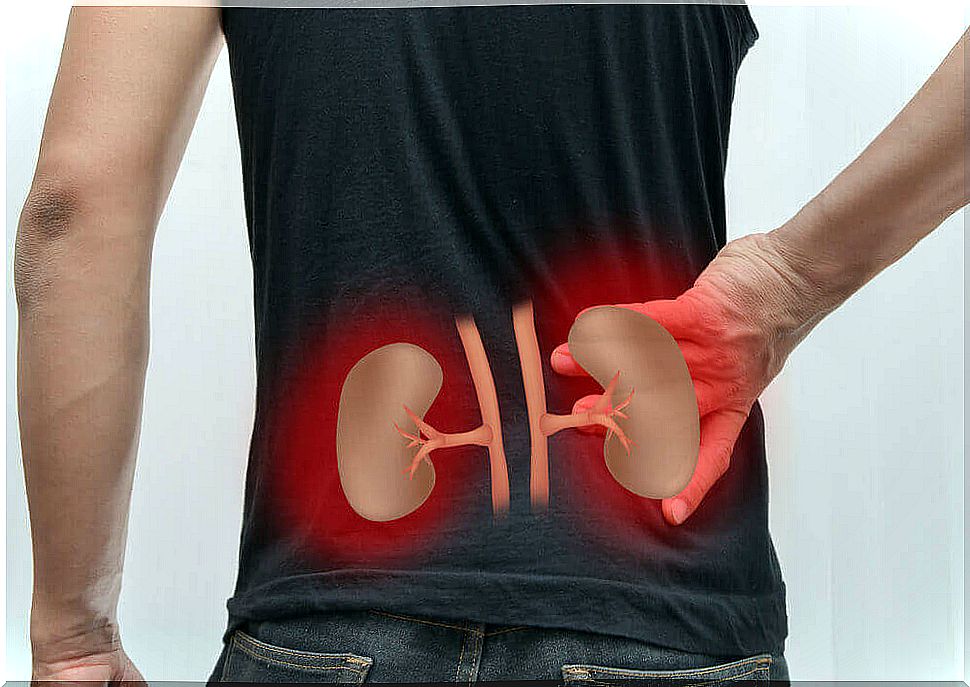
Patients with deteriorated kidney function should take precautions as diphenidol can accumulate.
In addition, this medication is contraindicated in the following cases :
- Hypersensitivity to this drug
- Gastrointestinal obstructive disease
- Obstructive urinary tract disease
- Renal failure
- Glaucoma
- Arterial hypotension
It is also not indicated to treat nausea and vomiting associated with pregnancy, or in children under six months of age.
Intravenous administration of this medication is also not indicated in people with a history of sinus tachycardia. The reason is as follows: This drug can cause a heart attack in these patients.
Adverse reactions of diphenidol
Due to its possible side effects, its intramuscular administration is restricted to hospitalized patients. These side effects include visual hallucinations, auditory hallucinations, disorientation and confusion.
These reactions can occur within three days of starting treatment. Usually, they go away spontaneously after you stop taking your medication.
The incidence of auditory and visual hallucinations, disorientation and confusion is very low.
Drowsiness, overstimulation, depression, trouble sleeping, dry mouth, nausea, blurred vision and dyspepsia are other possible side effects.
In the rarest cases, the following symptoms may occur: slight dizziness, rash, headache and acidity. A slight momentary drop in blood pressure is also possible.
Can this drug interact with other drugs?
The antiemetic effect of diphenidol may mask signs of overdose with other drugs. It can also make it difficult to diagnose other diseases such as intestinal obstruction.
This drug has a weak central anticholinergic agent action. This action is the same as that produced during treatment with drugs such as atropine or scopolamine. For this reason, diphenidol should not be used with anticholinergic drugs, as the latter can weaken its effect.
With drugs that act as central nervous system depressants, side effects increase. According to scientific evidence, diphenidol may interact with other drugs, especially those that metabolize by hydrolysis catalyzed by carboxylesterases (CES).
In short …
Diphenidol is a drug which belongs to the pharmacotherapeutic group of muscarinic antagonists. Its prescription is generally used to treat peripheral vertigo.
